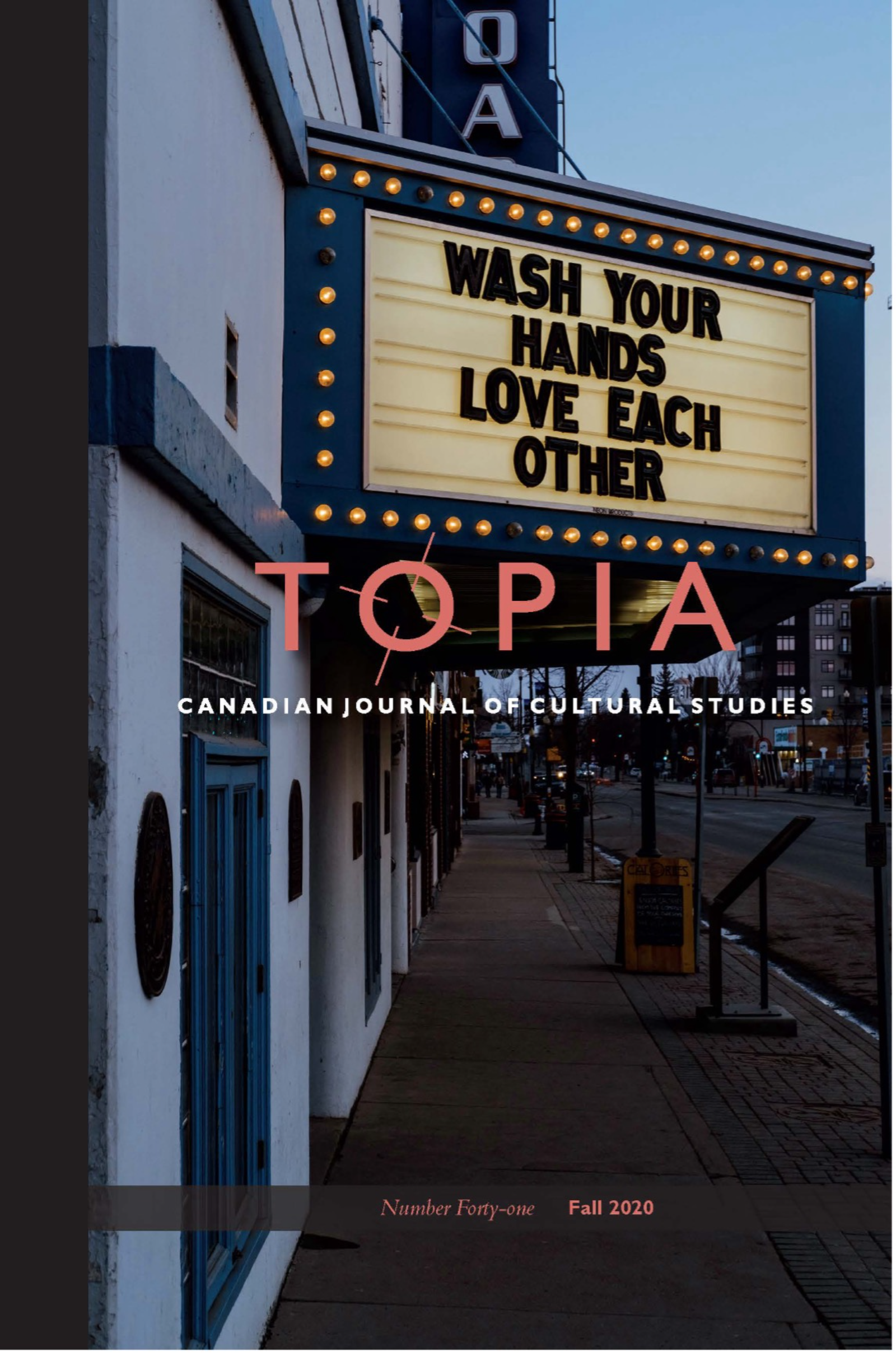In “COVID-19: An Essay in Keywords,” communication scholar Penelope Ironstone critiques the pandemic-era lexicon, examining terms like “asymptomatic carrier,” “essential worker,” “inverted quarantine,” and “pandemic subjects.” Her analysis interrogates institutional strategies that disproportionately shift the burden of pandemic management onto individuals. Ironstone critiques the neoliberal ideal of containment, which she argues frames disease security as a matter of personal responsibility, even as essential workers are subjected to unsafe conditions that defy infection control standards. She underscores the superficiality of public health decontamination measures, exposing their inadequacies.
Drawing on the historical figure of Typhoid Mary—a domestic worker and cook stigmatized in the early 20th century New York for being a healthy carrier of typhoid—Ironstone illuminates the enduring scrutiny faced by vulnerable individuals as vectors of disease. Typhoid Mary’s experience reflects the contradictions between the rhetoric of essential work and the precarious realities of those performing it.

Image Captions:
Cover of TOPIA: Canadian Journal of Cultural Studies, Volume 41, Issue 1, 21 December 2020.Citation: Ironstone, Penelope. “COVID-19: An Essay in Keywords.” TOPIA: Canadian Journal of Cultural Studies, vol. 41, no. 1, 21 December 2020, pp. 13-21, muse.jhu.edu/article/776384. NON-FICTION, SCHOLARLY ARTICLE | CANADA. yk/jt/jb/ig
Source Type: Scholarship on Pandemic Studies
Country: Canada
URL: http://muse.jhu.edu/article/776384
Date: 21-Dec-2020
Keywords: Pandemic Keywords, Scholarship, Stigma, and Typhoid Mary